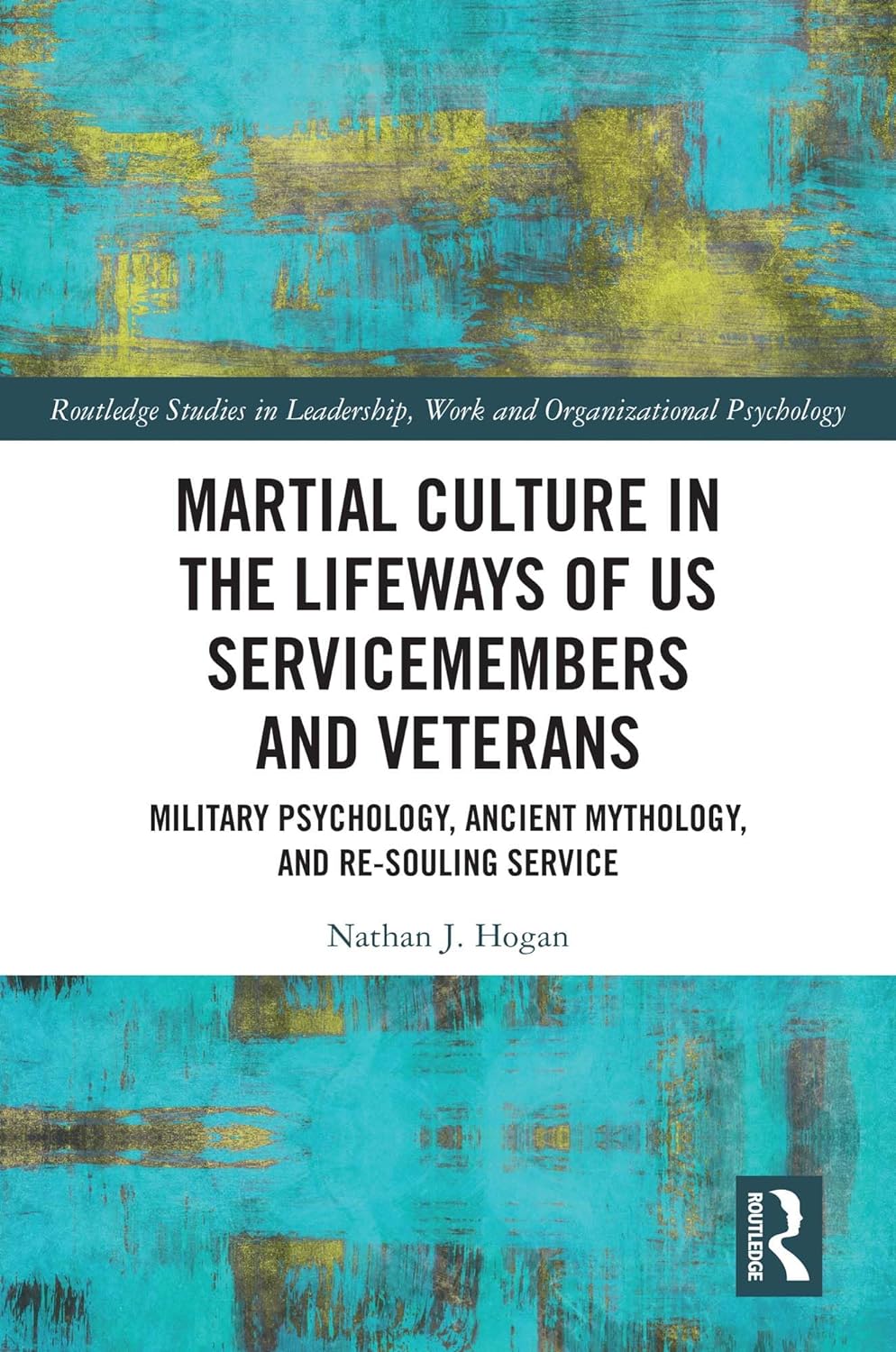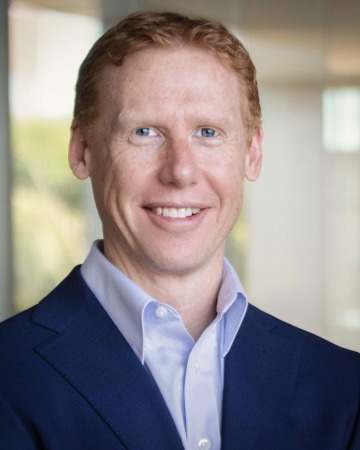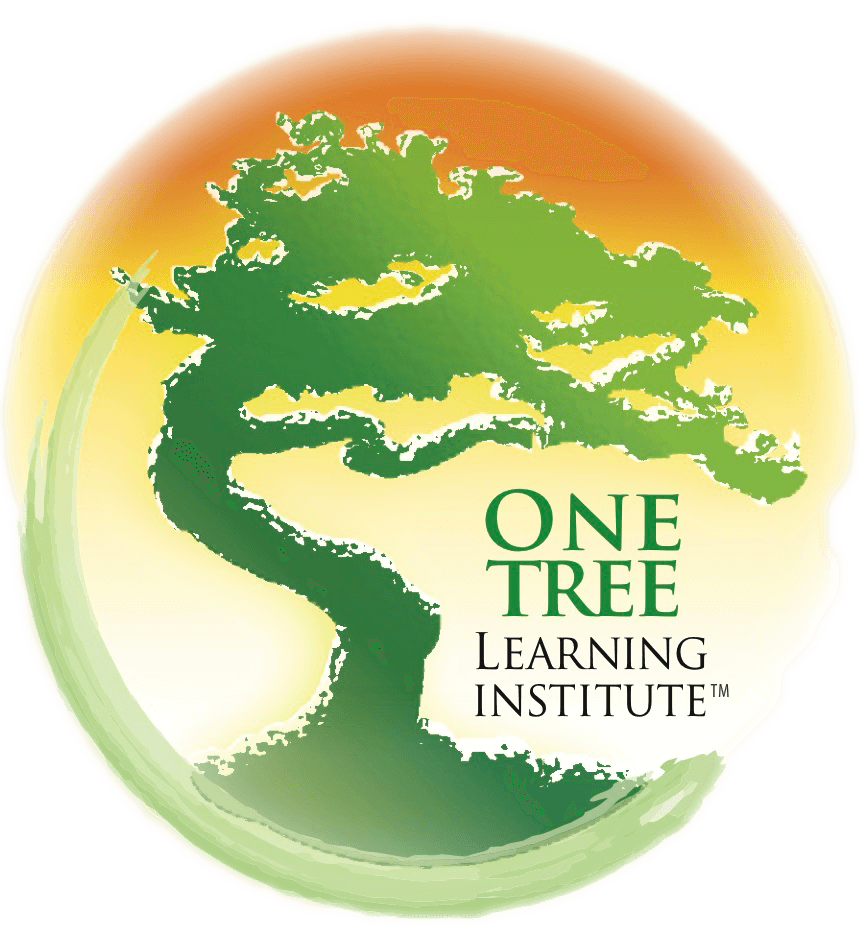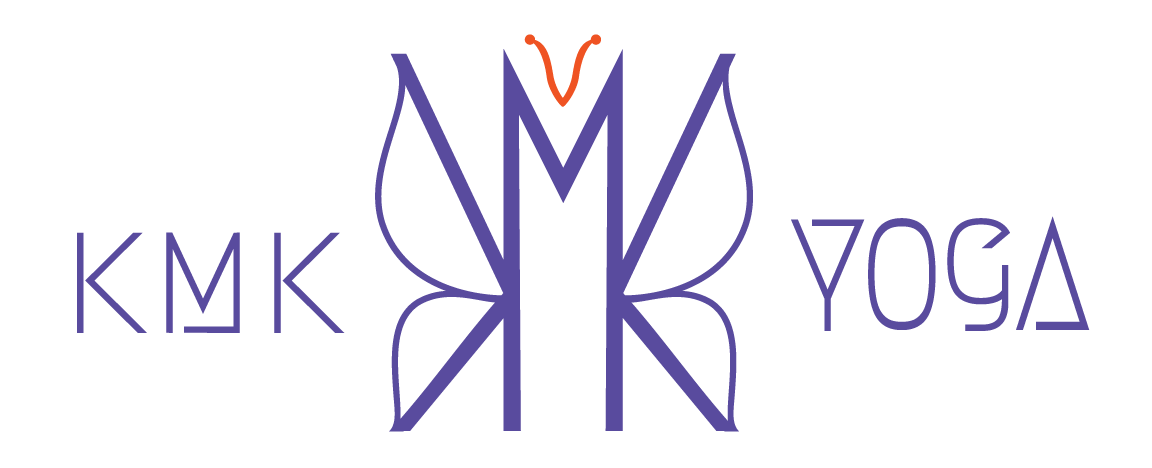Martial Culture in the Lifeways of US Servicemembers and Veterans
This book develops a new concept—“martial culture”—with which to problematize and reframe thinking surrounding the lifeways of US servicemembers, by exploring the values, beliefs, norms, and rituals they are exposed to and practice during military service.
By reuniting the two concepts of servicemember and veteran into one overarching cultural model, the author shows how the concept of martial culture can be used to acknowledge the unbroken, holistic, multidimensional life cycle of an individual. Adopting a comparative mythological approach and drawing upon Roman, Navajo, Hindu, Norse, and Japanese myths that speak to the lived experiences of servicemembers, veterans, and their families, it weaves together ancient voices and contemporary servicemember experiential existences to offer new insight into the psychological experience of servicemembers.
It will be of strong interest to psychologists who seek to develop their treatment of veterans by understanding the unique lifeway of service without judgement and offering a balanced, integrated spiritual connection, while pushing back against both inaccurate assumptions of martial lifeways and the influences of industrialized secular approaches to service. It will also appeal to those within the fields of military sociology and psychology.
About the Author
Nathan’s passion for representations of martial culture in ancient mythologies is born from his personal martial life experience. He enlisted in the U.S. Air Force out of high school, and achieved senior noncommissioned officer rank before qualifying to become an Army officer. His nearly 22 years of uniformed service included multiple tours in Iraq and Afghanistan as well as numerous operational deployments around the world. After he retired from the military, Nathan served another five years as a senior analyst and subject-matter-expert for a Department of Defense contractor.
Nathan served on the senior committee for the University of Arizona’s College of Humanities’ “Thunder of War – Winds of Return” project that focused on using important humanities sources to create dialogues about the experience of war. Additionally, Nathan currently serves on the board of KMK Yoga, a 501.3C non-profit that brings the healing aspects of yoga to underserved communities. He also serves as an instructor for the non-profit One Tree Learning, providing resilience train-the-trainer instruction to firefighters, law enforcement, EMS, and nursing personnel. Nathan currently works as a Research Development Associate for National Security Programs at the University of Arizona. Nathan holds an A.A.S. in Criminal Justice from the Community College of the Air Force, a B.A. in Philosophy and an M.A. in History from American Military University, and attained his lifelong dream of earning his Ph.D. in Mythological Studies with emphasis in Depth Psychology from Pacifica Graduate Institute in 2021.
Nathan’s work is focused on illuminating the culture of martial lifeways and bringing the wisdom from ancient mythologies into modern practice for servicemembers, veterans, first responders, and their families. Through working with joint and combined forces, to include teaching enlisted and officers from multiple countries, he has learned and studied how martial cultures develop and interact. Nathan emphasizes the necessity to integrate the cornerstone values of service into harmony with one’s life to live forward.
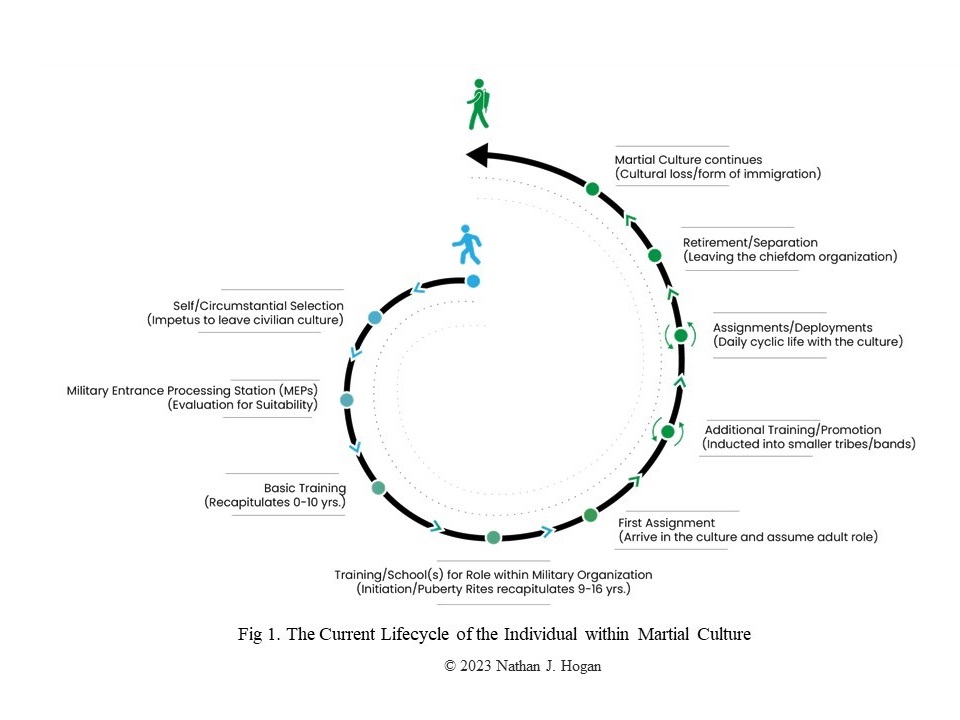
“I never give up a person that is terrified, nor one that is devoted to me, nor one that seeks my protection […] nor one that is afflicted, nor one that has come to me, nor one that is weak in protecting oneself […] I shall never give up such a one till my own life is at an end.”
Ganguli and Vyāsa, Volume XII, Mahaprasthanika Parva, Section III, 5

Reviews
Beautifully written by a scholar-practitioner, Martial Culture in the Lifeways of US Servicemembers and Veterans is a groundbreaking book offering a profound elucidation of the values, beliefs, and rituals of martial culture through the lens of comparative mythology. This study restores the connection between martial and civilian culture highlighting the values a martial lifeway gifts to the larger society.
Dr. Hogan’s book reminds those in martal culture of their deep roots in myth, and that entry into this world is forever life changing. For those in civilian culture, it provides us a glimpse into the universality of martial culture and why veterans culturally struggle to reintegrate into a society they do not fully belong to.
This is an excellent read for anyone who seeks to understand military (martial) culture and how it has changed and been received over the course of history. This is a must-read for anyone who accepts the popular belief that veterans are simply a subculture of a broader culture as opposed to their own martial culture.

